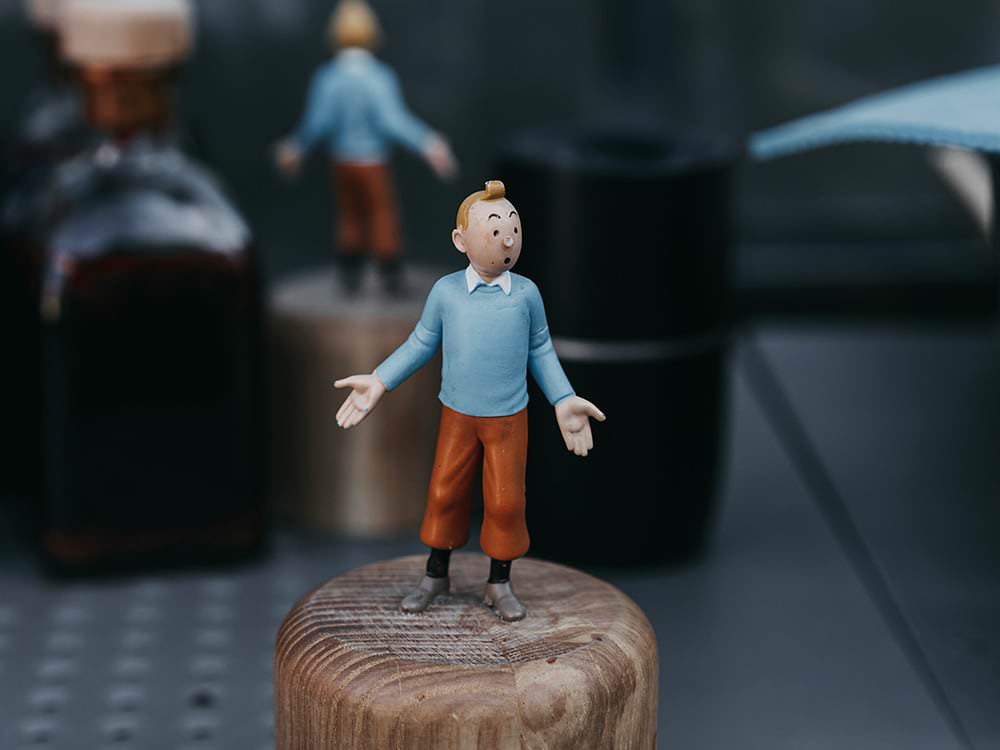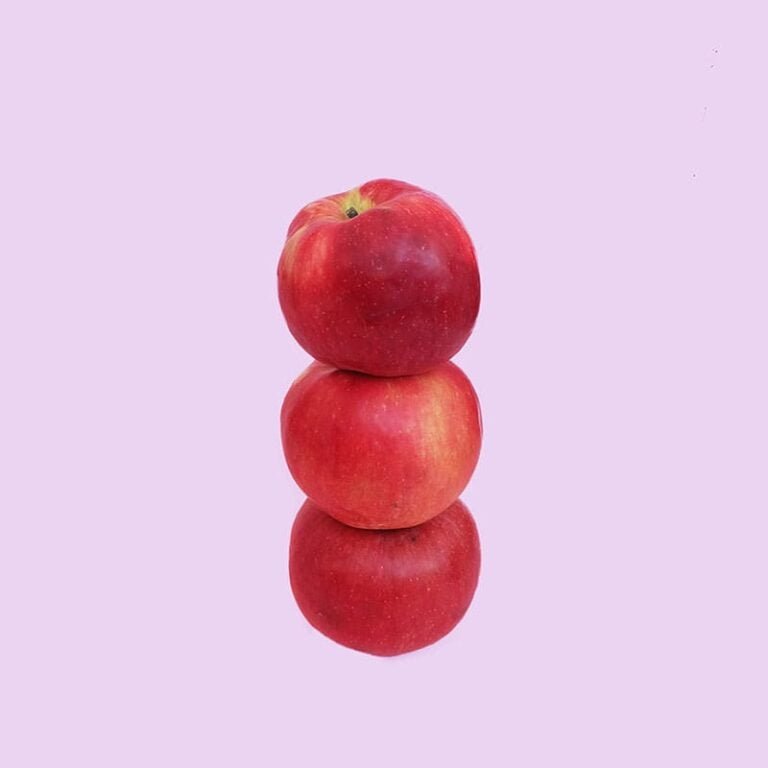Faire tintin
“Faire tintin” means to be frustrated or deprived, to receive nothing when you were expecting something. Despite the illustration above, this saying has nothing to do with the comic book character Tintin. He was created in 1929, but the word “tintin” dates back to the 13th century. It originally referred to the noise of objects jingling together, such as coins or metallic jewellery.
It is not known how “tintin” came to be associated with frustration or deprivation, although there are some theories. One is that the word evokes the frustration of sounding a doorbell but discovering no one is home. Another is that it is the sound of money that one cannot possess. And another is that is refers to a sound indicating failure, such as the bell that rings at the end of a boxing round.
Associated expressions include “ça va être tintin” which means “it won’t be possible,” as well as the simple “tintin !” meaning “nothing at all!”






